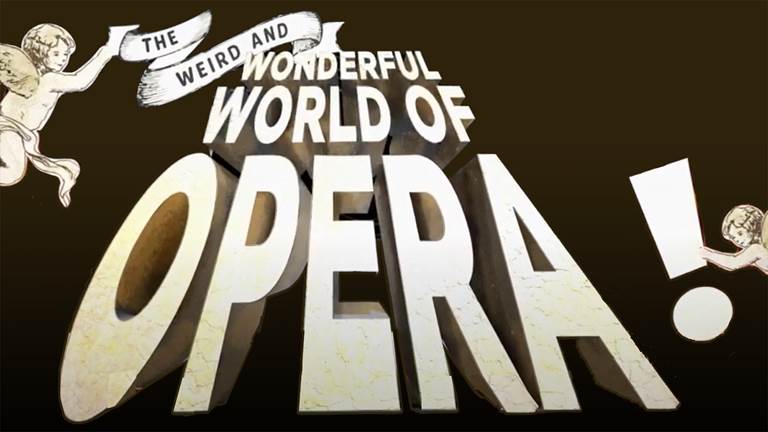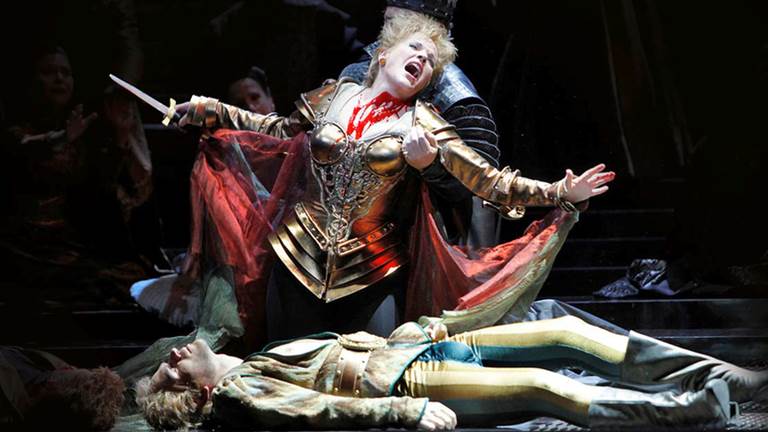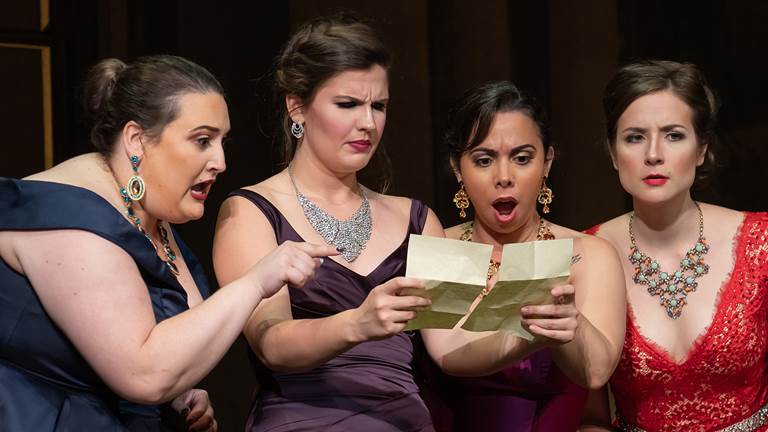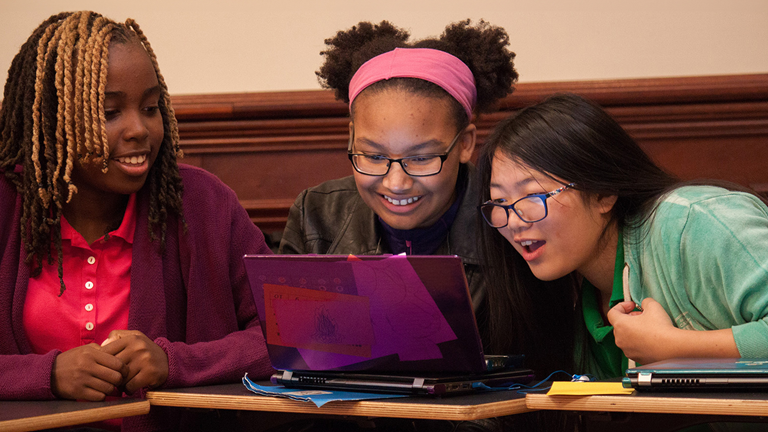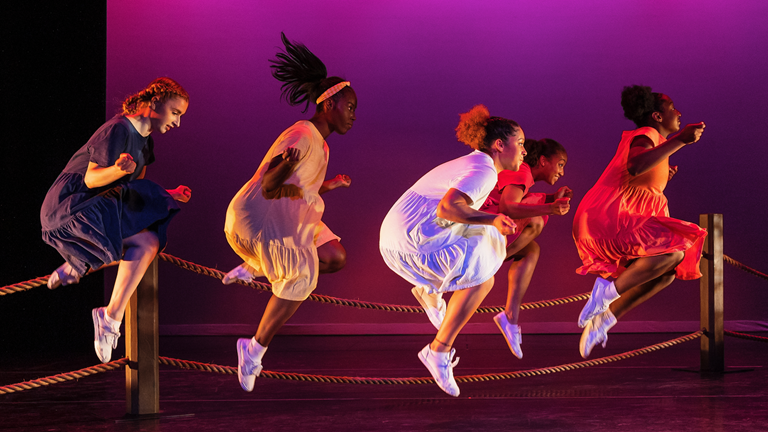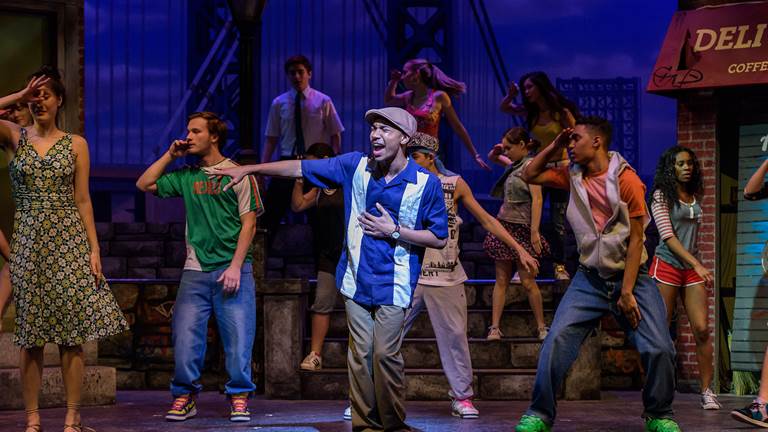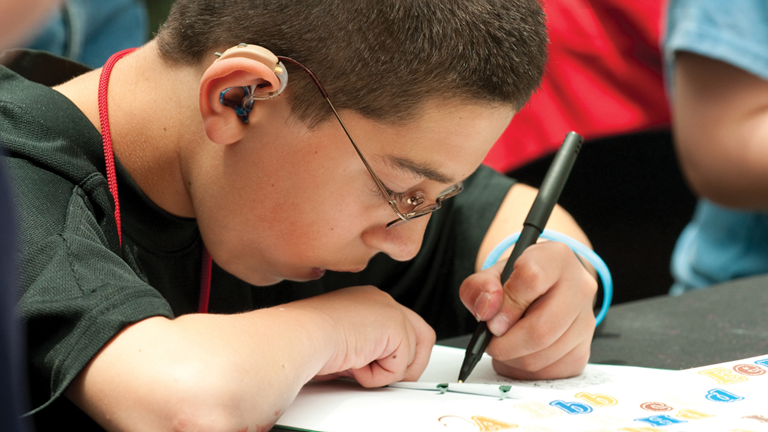WASHINGTON NATIONAL OPERA premiere
Rehearsal: The (R)evolution of Steve Jobs
Enjoy an insider’s look at our companies as they prepare onstage for performance.
His products changed the world and put instant connection at our fingertips. But behind tech mogul Steve Jobs was a life shaped by triumphs, trials, and contradictions. Step into the orbit of the Apple co-founder who rose from garage genius to tech titan. With a Grammy®–winning score by Kennedy Center Composer-in-Residence emeritus Mason Bates and libretto by Pulitzer Prize–winning librettist Mark Campbell, The (R)evolution of Steve Jobs offers an operatic journey through the interior workings and spiritual journey of an innovator. Bates merges an electronic soundscape with Campbell’s classical lyricism to immerse audiences in the world of Silicon Valley in the 1980s. Across his life, Jobs played husband, father, spiritual seeker, and industry leader. He was also protagonist and antagonist, cycling between destruction and redemption, disillusion and reality. As Jobs comes face-to-face with his mortality, audiences will see that some things can’t be programmed—including humanity.
Music by Mason Bates. Libretto by Mark Campbell. In English with Projected English Titles. Composed 2017. 2019 Grammy Award ® for Best Opera Recording. This production of The (R)evolution of Steve Jobs is jointly owned by The Atlanta Opera, Austin Opera, Lyric Opera of Kansas City, Utah Symphony & Opera, and Calgary Opera Association.
April 30, 2025
Opera House, recommended for grades 9-12
Estimated duration is approximately three hours with an intermission.



